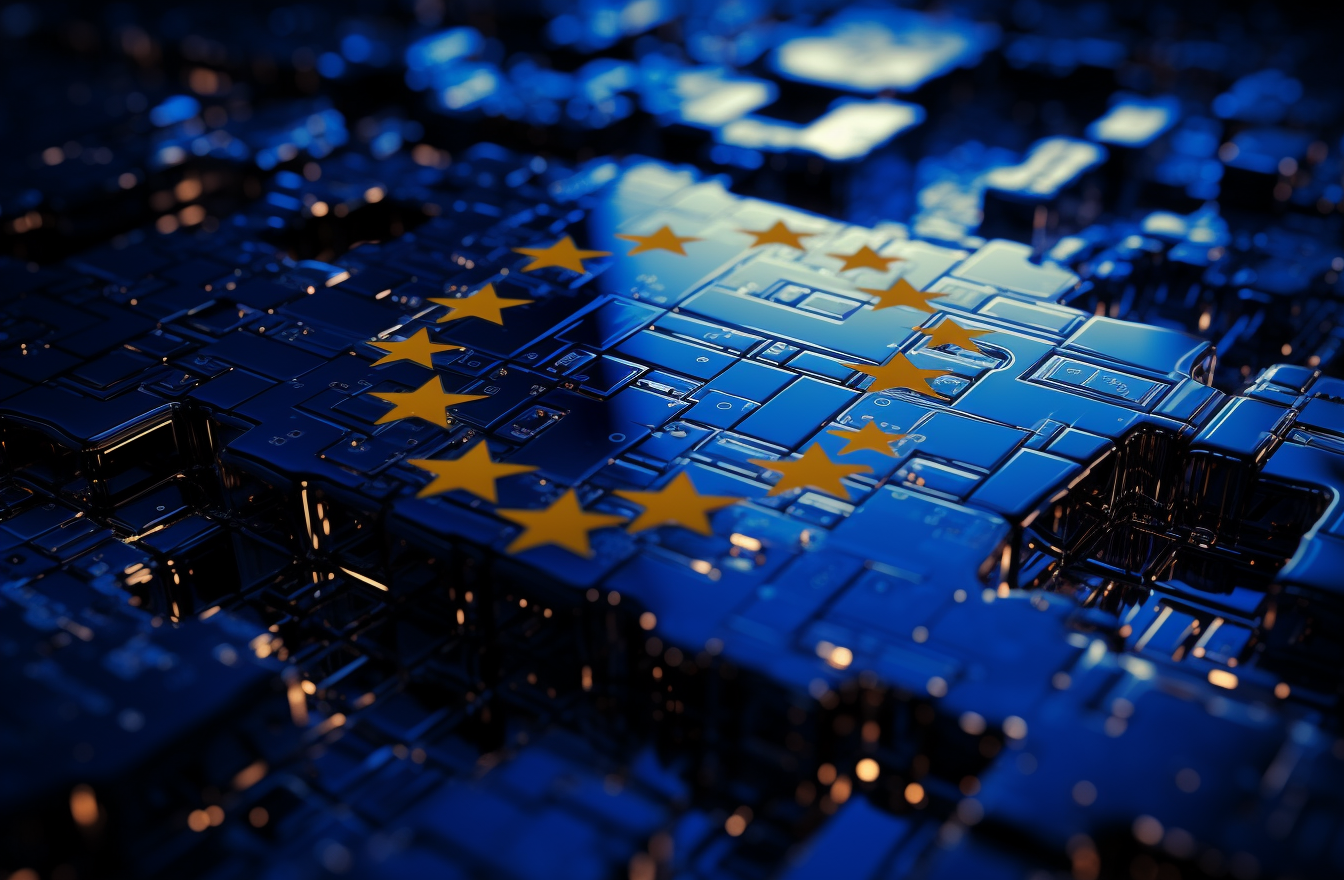Home ➤ Blog ➤ Generative AI, Law ➤ Understanding the EU AI Act and its Impact on Marketing

Understanding the EU AI Act and its Impact on Marketing
Alec Foster • 2023-07-31
Generative AI, Law, AI Models, Marketing, Regulations
The European Union (EU) has always been at the forefront of digital regulation, with the General Data Protection Regulation (GDPR) setting a global standard for data privacy. Now, the EU is set to pioneer another significant milestone in digital legislation with the proposed AI Act, the world's first comprehensive law on artificial intelligence (AI). This article will delve into the details of the EU AI Act and explore its potential implications for the field of marketing.
What is the EU AI Act?
The EU AI Act is a proposed regulatory framework for AI, introduced by the European Commission in April 2021. The Act classifies AI systems according to the risk they pose to users, with different levels of risk resulting in varying degrees of regulation. Once approved, these will be the world's first rules on AI.
The Act aims to ensure that AI systems used in the EU are safe, transparent, traceable, non-discriminatory, and environmentally friendly. It also seeks to establish a technology-neutral, uniform definition for AI that could be applied to future AI systems.
Risk-Based Approach to AI
The AI Act adopts a risk-based approach, establishing obligations for providers and users depending on the level of risk posed by the AI system. The Act categorizes AI systems into three risk levels:
- Unacceptable Risk: AI systems that pose a threat to people's safety will be banned. This includes systems that manipulate people's behavior, classify people based on their social behavior, socio-economic status, or personal characteristics, and real-time and remote biometric identification systems, such as facial recognition.
- High Risk: AI systems that negatively affect safety or fundamental rights will be considered high risk. This includes AI systems used in products falling under the EU's product safety legislation and AI systems falling into eight specific areas that will have to be registered in an EU database.
- Limited Risk: AI systems posing limited risk should comply with minimal transparency requirements that would allow users to make informed decisions. This includes AI systems that generate or manipulate image, audio, or video content, such as deepfakes.
Generative AI and Transparency Requirements
Generative AI, like ChatGPT, would have to comply with transparency requirements under the Act. These include disclosing that the content was generated by AI, designing the model to prevent it from generating illegal content, and publishing summaries of copyrighted data used for training.
The Impact on Marketing
The EU AI Act will undoubtedly have significant implications for the field of marketing, particularly in the areas of data collection, user profiling, and targeted advertising. Marketers will need to ensure that their use of AI complies with the Act's requirements, particularly in relation to high-risk and limited-risk AI systems.
For instance, the Act's transparency requirements for generative AI could impact content marketing strategies that leverage AI-generated content. Marketers will need to disclose that such content was generated by AI, which could influence consumer perceptions and engagement.
Moreover, the Act's restrictions on AI systems that classify people based on their social behavior, socio-economic status, or personal characteristics could impact targeted advertising strategies. Marketers will need to ensure that their targeting methods do not fall foul of these restrictions.
Finally, the Act's emphasis on user consent and transparency could necessitate changes in how marketers collect and use consumer data. Marketers will need to be transparent about their use of AI and provide consumers with the information they need to make informed decisions about their data.
Closing Thoughts
The EU AI Act represents a significant step forward in the regulation of AI. As the world's first comprehensive AI law, it sets a global standard for AI regulation that other jurisdictions may follow. For marketers, the Act presents both challenges and opportunities. By understanding the Act and its implications, marketers can ensure their practices are compliant, while also leveraging the opportunities that AI offers to engage consumers in new and innovative ways.
As the Act continues to evolve and nears its final form, it's crucial for marketers to stay informed and prepared for the changes it will bring. The aim is to reach an agreement by the end of this year, and once enforced, it will undoubtedly reshape the landscape of AI in marketing and beyond.
Remember, in the realm of data and AI, knowledge truly is power. Stay informed, stay compliant, and embrace the opportunities that AI offers to create meaningful and engaging connections with your audience.


